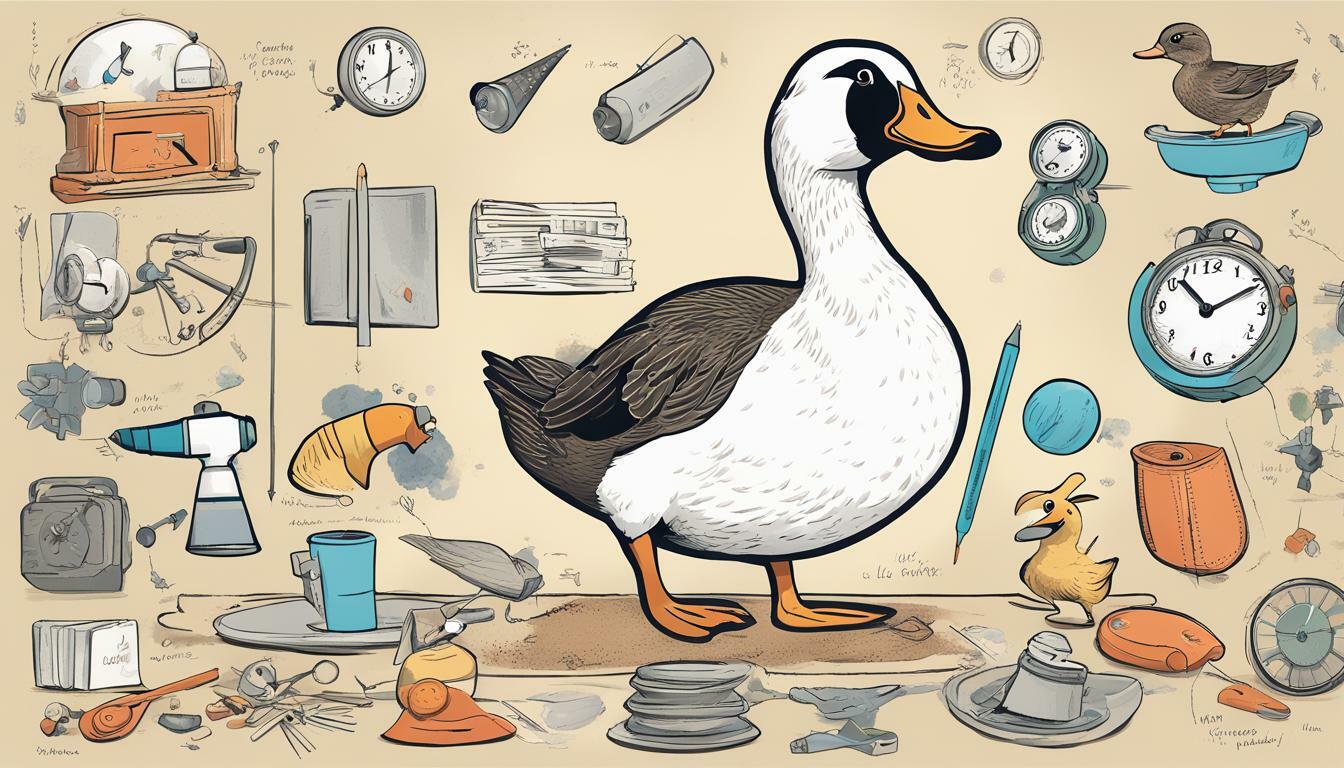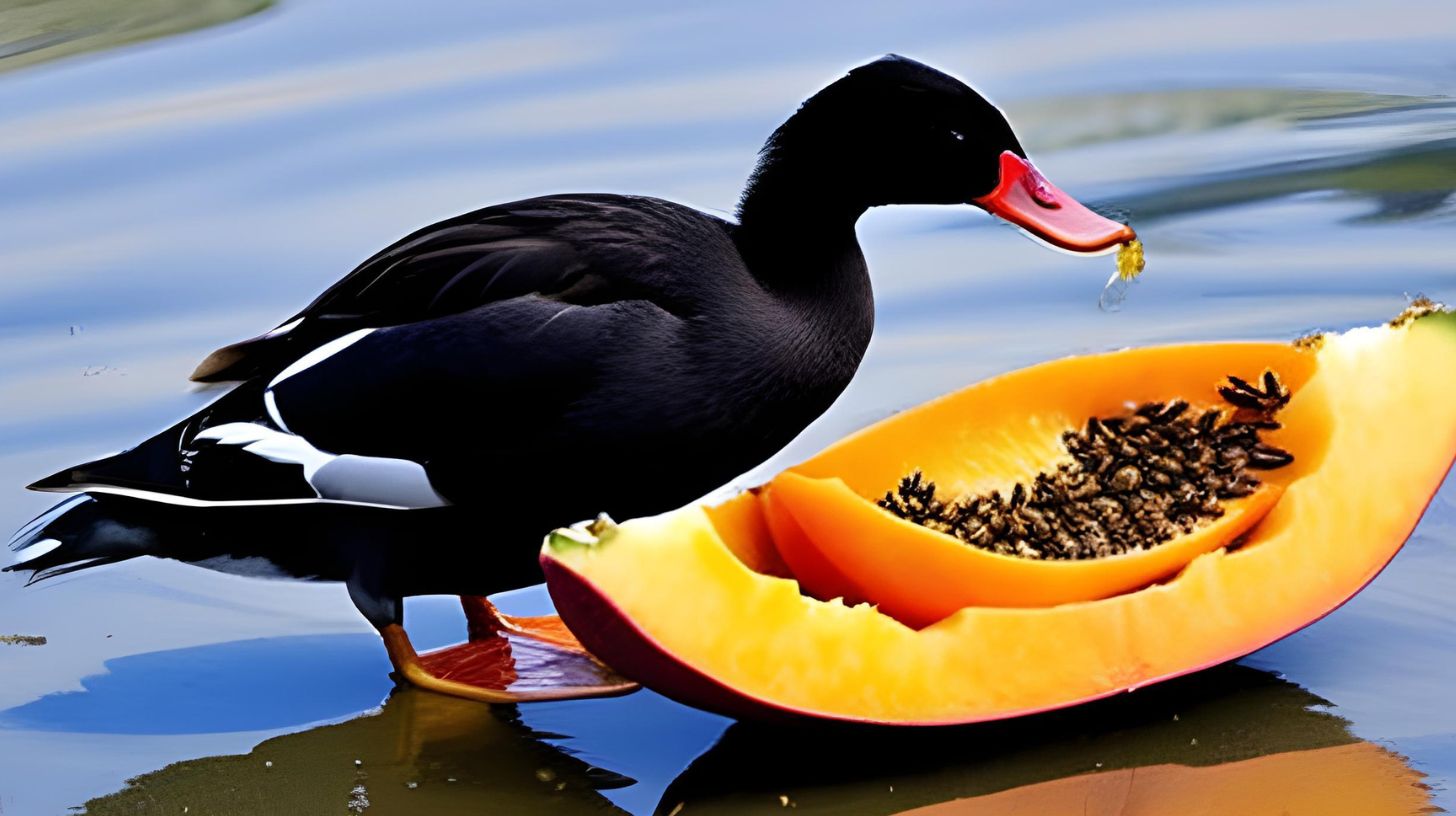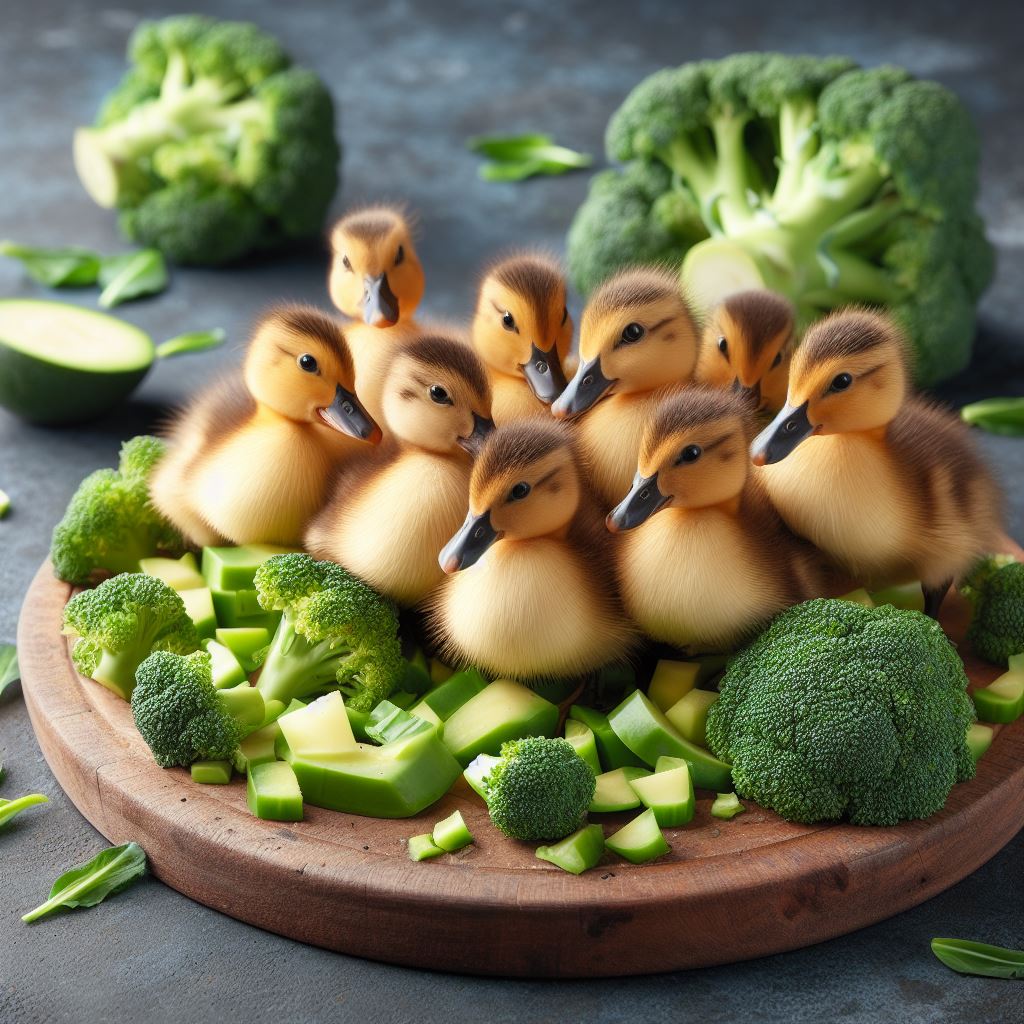Can Ducks Eat Eggs? The Complete Guide

Table of content:
Can ducks eat eggs? This is a common question for duck owners and those interested in duck behavior. The short answer is yes, ducks can eat eggs safely and gain nutritional benefits under certain conditions. However, there are some important factors to consider before feeding eggs to ducks.
In this complete guide, we’ll cover everything you need to know about whether and when ducks can eat eggs. We’ll look at differences between wild and domestic ducks, nutritional impacts, preparation methods, amounts to feed, and potential risks. Read on to get the full story on eggs and ducks!
Ducks and Eggs
As opportunistic omnivores, ducks will eat a wide variety of foods in the wild, including insects, plants, and small animals. Birds eggs can provide ducks with a high-protein, nutrient-dense food source when available.
Ducks may eat the eggs of other bird species more often than their own. Still, in some cases, wild ducks can and do consume their own unhatched eggs, particularly if the eggs are non-viable or abandoned.
For domestic pet ducks, eggs can also be an important part of a balanced diet. Duck owners have the choice of feeding commercial duck feed, scrambled eggs, hard-boiled eggs, and more. There are advantages but also some risks to be aware of.
Can Wild Ducks Eat Eggs?
Wild ducks may eat eggs they come across while foraging. This is especially true in early spring when birds are nesting and eggs are abundant. For wild ducks, eggs can serve as an excellent source of protein and nutrients.
Mostly Opportunistic Foraging
Ducks won’t actively hunt down nests but will readily consume eggs they chance upon. Larger duck species may also prey on the nests of smaller birds. Usually though, eating eggs is just opportunistic behavior rather than intentional raiding.
Protein and Nutrient Boost
The main appeal of eggs for wild ducks is the rich protein, healthy fats, vitamins, and minerals contained inside. The shell also provides calcium for bone and muscle development. Eggs are a nutritious supplement to the plant materials and invertebrates most wild ducks eat.
Typically Eat Other Species’ Eggs
While possible, wild ducks do not usually purposefully eat eggs of their own species. However, they can and will eat the eggs of other bird species they discover unattended in a nesting area. Scrambled, hard-boiled or raw – as long as they can access the insides, the eggs are fair game.
May Eat Own Non-Viable Eggs
In some cases, a wild duck may eat one of her own eggs that is non-viable or fails to hatch. If she lays a bad egg or an egg is abandoned, eating it returns some nutritional value rather than letting it go to waste. But overall, wild ducks avoid eating viable eggs that could hatch ducklings.
Rules and Risks for Wild Ducks Eating Eggs
While ducks eating eggs in the wild can provide benefits, there are also some limitations and risks to consider:
- Egg availability – Ducks can only eat eggs during nesting season if they happen across nests. Their egg-eating will be limited by what is accessible in their habitat.
- Nutritional imbalances – Eating eggs should supplement but not dominate a duck’s wild diet. An excess could lead to malnutrition if they miss out on other foods.
- Eggshells – Swallowing broken shells could potentially pose a choking hazard or cause digestive issues. Most of the nutritional benefits are contained in the inner egg anyway.
- Duckling development – Ducklings should not eat eggs until fully feathered, able to forage and digest more complex proteins.
Overall, egg consumption by wild ducks needs to be taken as opportunistic rather than intentional. While eggs can provide valuable nutrition, ducks have limited control over egg availability in the wild and face risks from over-ingestion.
Can Pet Ducks Eat Eggs?
Unlike wild ducks, pet ducks do not forage for their food. Their diet depends on what humans provide. For domesticated ducks, eggs can be a nutritious addition to a balanced diet when fed properly.
Excellent Source of Protein and Nutrients
Similar to wild ducks, domesticated ducks can benefit from the high protein, healthy fats, vitamins and minerals found in eggs. This includes calcium for proper muscle function, growth and egg shell development.
Provides Variety Alongside Duck Feed
Eggs can supplement commercial duck feed to add more variety. Duck feed alone does not provide quite enough protein and nutrients for ducks. Rotating cooked eggs and duck feed makes for a balanced home diet.
Cooked Eggs Recommended
Raw eggs pose a much higher salmonella risk for domesticated ducks living in close proximity. Cooked scrambled, hard-boiled, or poached eggs are safer options that still provide great nutrition.
Egg-laying Duck Dietary Needs
Female ducks laying eggs have higher calcium and protein requirements. A bit of cooked egg fed back to them helps replenish what is lost in the shell. This closes the nutritional loop.
Guidelines for Feeding Eggs to Pet Ducks
While eggs can absolutely be part of your pet ducks’ diet, following some basic guidelines will help keep your flock happy and healthy:
- Evaluate nutritional needs based on age and whether ducks are laying eggs. Growing and laying ducks need more protein and calcium.
- Rotate cooked eggs with commercial duck feed and treats like greens, vegetables, and fruit. Variety is important.
- Limit egg intake to no more than 1 hard-boiled egg per duck per day to prevent nutritional imbalances.
- Never feed raw eggs due to bacteria risks – always cook thoroughly first.
- Ducks cannot digest most of the eggshell. Crush shells first or remove to reduce choking hazards.
- Hold off on feeding ducklings eggs until fully feathered and able to digest more complex proteins.
- Avoid feeding ducks their own uncooked eggs to prevent disease transmission within the flock.
With some common sense precautions, eggs can be a nutritious part of any pet duck’s diet alongside a quality base feed.
Can Ducklings Eat Eggs? Special Considerations for Baby Ducks
Many duck owners want to know when they can start feeding egg to baby ducks. Ducklings under 2-3 months should not eat eggs because:
- Their digestive systems are too immature to properly digest whole eggs yet
- They receive the protein and nutrients they need from starter feeds
- Ducklings have specific nutritional needs for growth that eggs may not provide
- The taste for eggs develops later as juvenile ducks begin foraging more
For the fastest growth and healthiest development, ducklings should focus solely on high-quality starter crumble. Only once fully feathered at 2-3 months can they start to eat chopped hard-boiled eggs as treats in moderation.
The Consensus: Yes, Ducks Can Eat Eggs!
In the wild or as pets, healthy adult ducks can safely eat eggs for nutritional benefits as part of balanced diet. Both wild and domestic ducks seem to enjoy opportunistically foraging for eggs to eat when available.
For wild ducks, the key is moderation, since they have little control over how many eggs they encounter. Pet ducks do best when their owners carefully manage portion sizes and preparation methods to reduce health risks.
By understanding ducks’ nutritional needs, their stages of development, and potential risks, duck owners can safely incorporate eggs into pet duck diets. So serve up those perfectly hard-boiled, scrambled, or poached eggs and let your flock enjoy this treat in moderation!
Welcome. I’m Adreena Shanum, the proud owner of this website, and I am incredibly passionate about animals, especially poultry. I founded adreenapets.com as a labor of love, stemming from my desire to share my knowledge and experiences with poultry enthusiasts worldwide.




